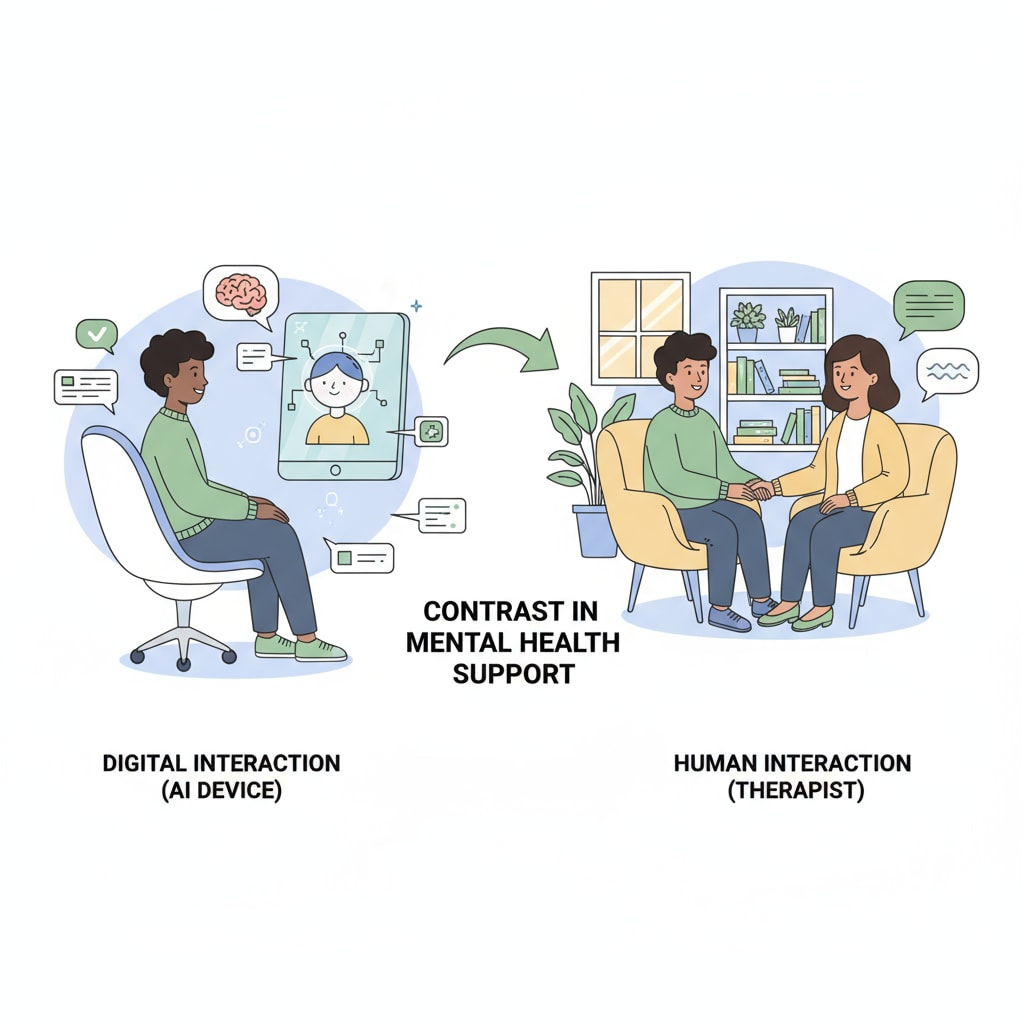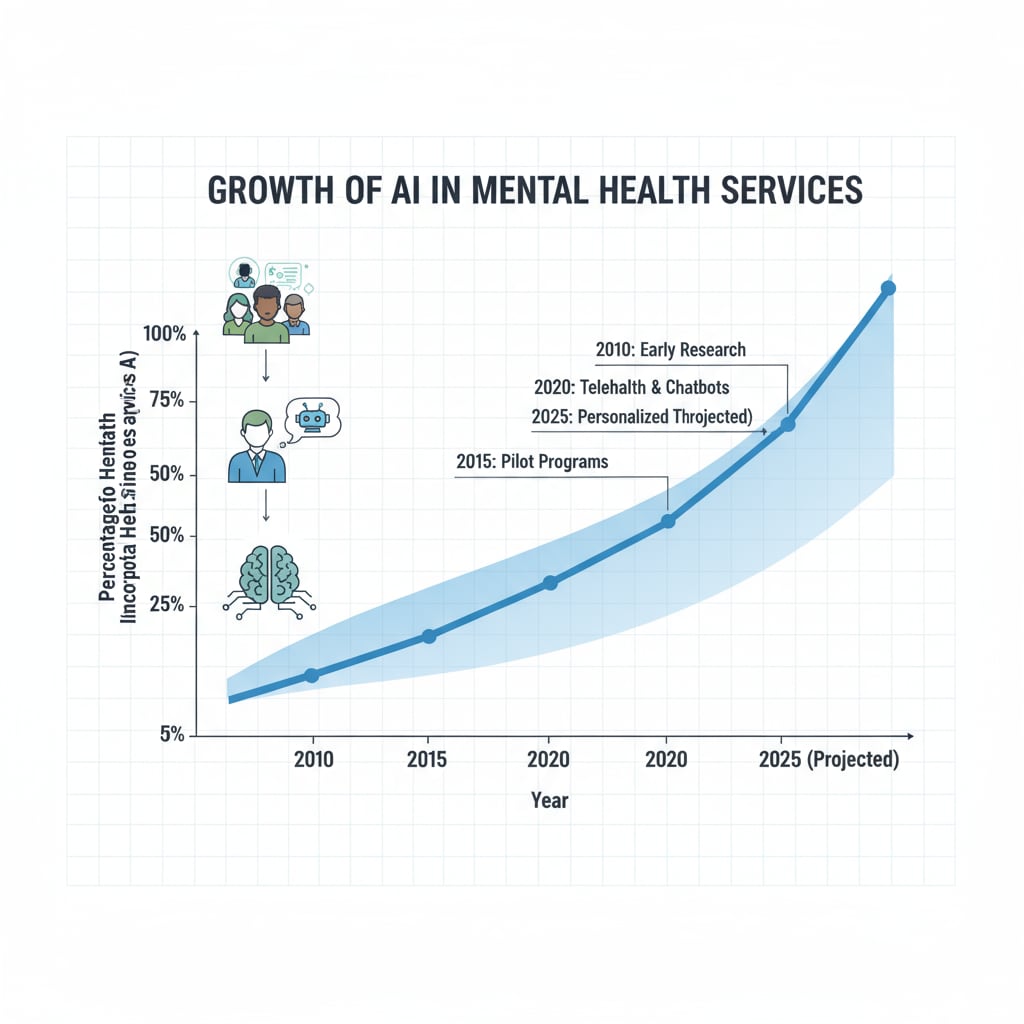In the field of mental health, the research survey on the comparison between AI and human in psychotherapy has drawn significant attention. With the rapid development of artificial intelligence technology, AI psychotherapy is gradually making its way into the K12 education sector. This article aims to delve into the advantages and disadvantages of AI and human counselors in providing mental health services to students and calls on educators, students, and parents to participate in relevant research surveys to jointly explore the best model for adolescent mental health services in the digital age.

The Rise of AI in Psychotherapy
The application of AI in psychotherapy has witnessed remarkable growth in recent years. AI-powered mental health tools can offer instant access to support, providing 24/7 availability. For example, some chatbots are designed to listen to students’ concerns, offer basic coping strategies, and even assist in initial mental health assessments. According to Wikipedia’s entry on Artificial Intelligence in Mental Health, these digital tools are becoming more sophisticated, leveraging natural language processing to better understand and respond to users. However, they lack the in-depth emotional understanding and empathy that human counselors possess.

The Incomparable Human Touch
Human counselors bring a unique set of qualities to the table. They have the ability to establish a deep emotional connection with students, read non-verbal cues, and offer personalized, empathetic support. A human counselor can adapt their approach based on the individual needs of each student, taking into account their family background, personality, and life experiences. As stated in Britannica’s article on Psychotherapy, the therapeutic relationship built between a human counselor and a client is a crucial factor in the success of treatment. This level of human interaction is something that AI has yet to fully replicate.
When considering the mental health of students, it’s essential to recognize that both AI and human counselors have their roles to play. AI can serve as an initial point of contact, providing quick access to resources and basic support. On the other hand, human counselors are irreplaceable when it comes to dealing with complex emotional issues and providing long-term, in-depth therapy. Educators, students, and parents should actively participate in research surveys to help determine the most effective combination of these two approaches. By working together, we can better meet the mental health needs of students in the digital age.
Readability guidance: We’ve used short paragraphs and lists to summarize key points. Each H2 section has a clear focus. The passive voice and long sentences are kept to a minimum, and transition words like “however”, “on the other hand” have been used to enhance the flow of the article.


